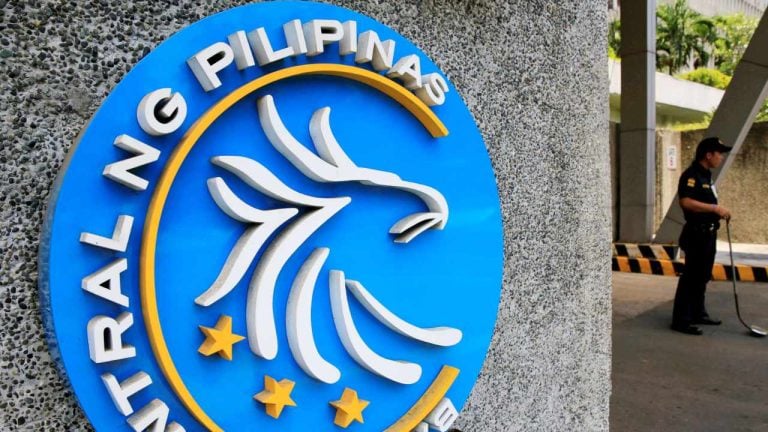Philippine Regulator Warns the Public of Engaging With Foreign Crypto Service Providers

The central bank of the Philippines, the primary regulator of the country’s crypto sector, has warned investors about engaging with unregistered and foreign crypto service providers. They “may present additional challenges on enforcing legal recourse and consumer protection and redress mechanisms for local customers, among others,” the regulator said.
The Philippine Central Bank’s Crypto Warnings
The central bank of the Philippines, Bangko Sentral ng Pilipinas (BSP), issued a public warning Tuesday regarding unregistered and foreign crypto service providers. In the Philippines, the central bank is the primary regulator of the crypto sector.
The announcement states:
The Bangko Sentral ng Pilipinas (Bangko Sentral) strongly urges the public not to deal with virtual asset service providers (VASPs) that are either unregistered or domiciled abroad.
The central bank’s website shows that 19 VASPs have been registered as of June.
Besides the risk from price volatility associated with virtual assets (VAs), the central bank explained that VASPs that are based abroad “may present additional challenges on enforcing legal recourse and consumer protection and redress mechanisms for local customers, among others.”
The Bangko Sentral emphasized:
VA dealings are generally considered as high-risk activities which may result in huge financial losses due to price swings.
Furthermore, the central bank warned that the government does not guarantee protection against financial losses stemming from crypto price fluctuations. “The public should exercise caution, conduct their own due diligence, and always be mindful of the risks prior to engaging with VA-related activities,” the regulator emphasized.
Bangko Sentral ng Pilipinas has urged the public to immediately report unlawful activities facilitated through cryptocurrencies and/or crypto service providers to the central bank.
Last week, the central bank announced that it will stop accepting new VASP license applications for three years, starting Sept. 1. The regulator explained that it “aims to strike a balance between promoting innovation in the financial sector and ensuring that associated risks remain within manageable levels.”
What do you think about the Philippine central bank’s warnings? Let us know in the comments section below.
